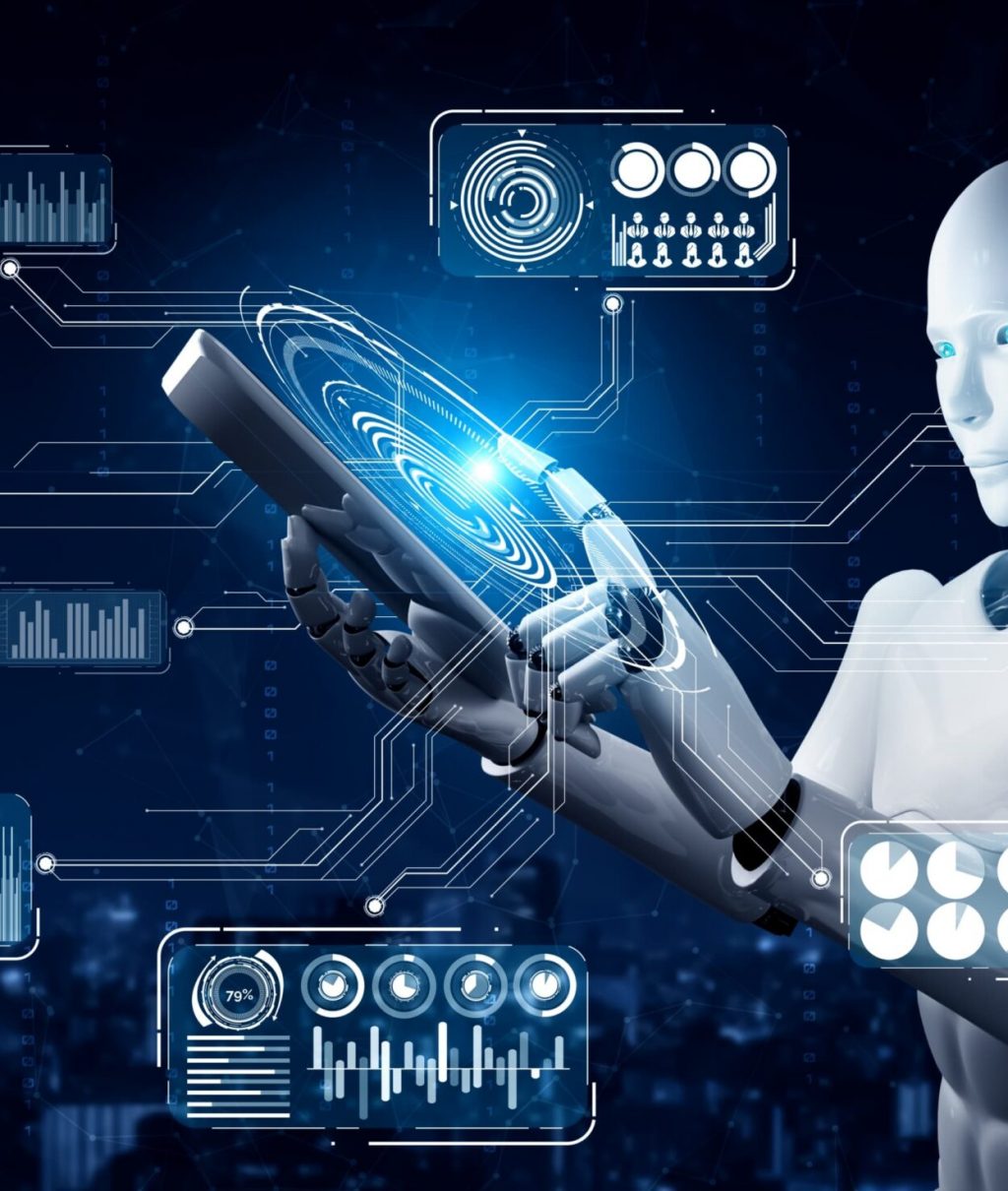
Understanding Artificial Intelligence
Before diving into practical applications for AI in business, it’s important to have a basic understanding of what it is and how it works. Simply put, artificial intelligence is the simulation of human intelligence processes by machines, especially computer systems. This includes learning, reasoning, and self-correction.
Machine learning is a subset of AI that focuses on training algorithms to make decisions or predictions based on data rather than being explicitly programmed. This enables AI systems to continuously improve and adapt over time.







